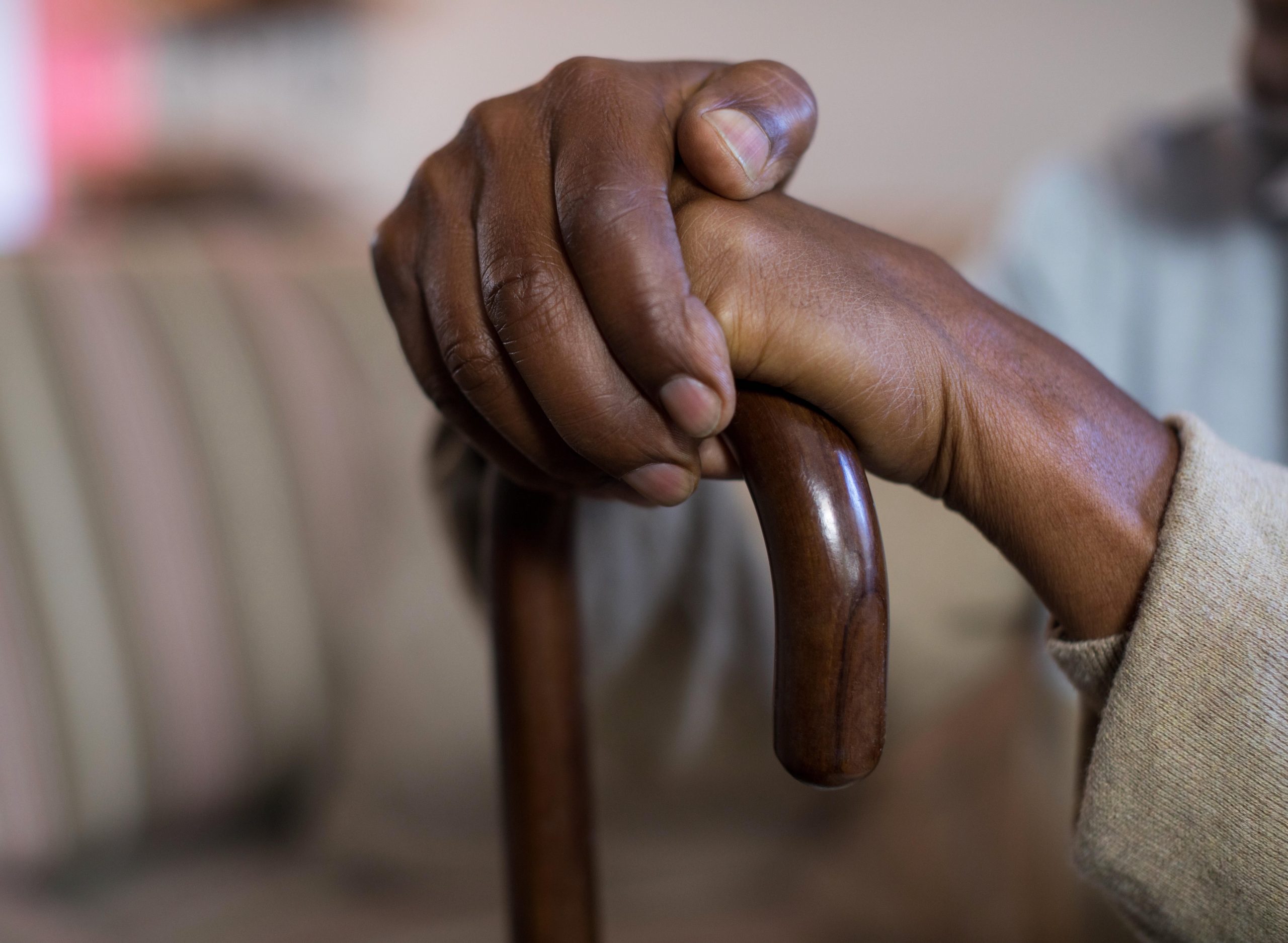
Having a couple of drinks a day won’t protect you from obesity or diabetes, a new study suggests. Everybody knows that heavy drinking isn’t good for your health, but whether moderate alcohol consumption is protective or harmful is still open for debate, researchers say. “Some research has indicated that moderate drinkers may be less likely… read on > read on >


















